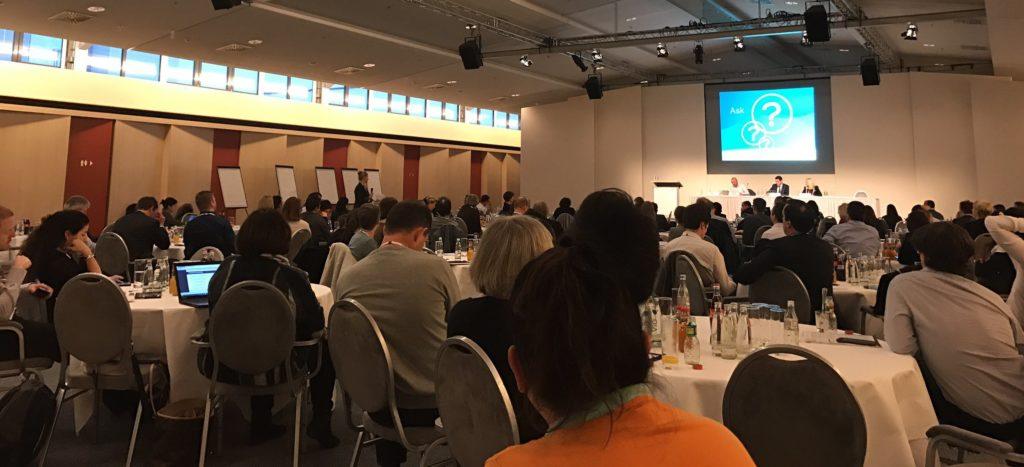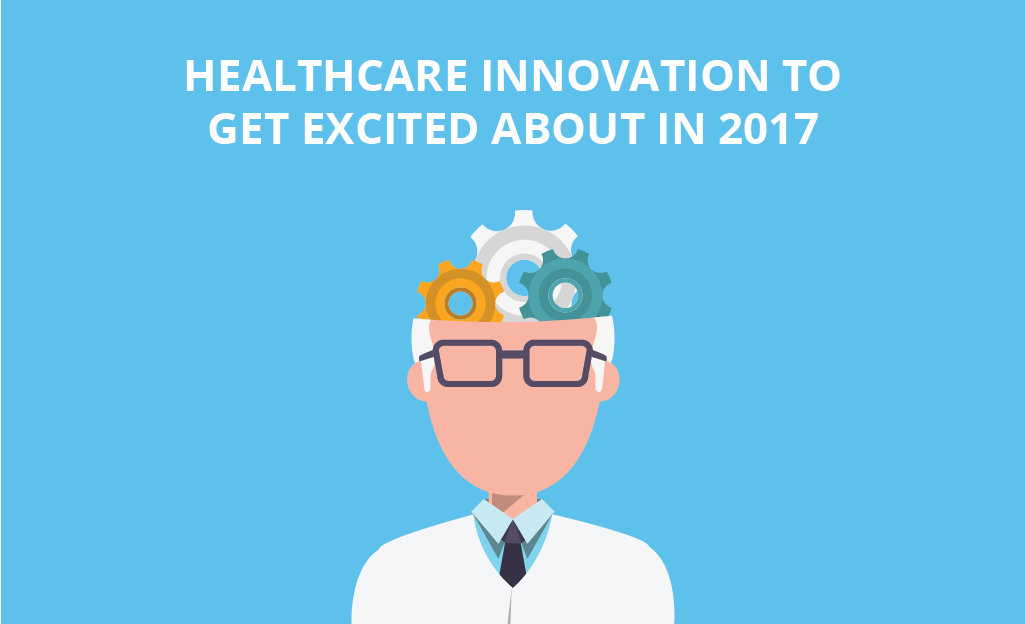Over the past three-months, I have had the privilege of attending and speaking at a number of brilliant healthcare events – celebrating innovation and those making a difference in their specific fields.
The first was GIANT Health in London, a gathering of healthcare experts, innovators and industry parties discussing the future of healthcare. There were some really fantastic speakers from doctors innovating with new technologies in their practice, to scientists and entrepreneurs building new solutions to common health-related problems.
The second event I was part of was the annual DIA medical information and communications conference in Berlin, a meeting of global leaders in medical communications, discussing and strategizing solutions around how new and future technologies will impact the communication of medical product information.

There was a huge amount of fantastic content available, and while I didn’t get a chance to see all the presentations and talks, I thought i’d document a couple of amazing things that I believe could be health, game-changers in 2017 and the years to follow.
Nanoparticles and all that jazz
One of the most enlightening and exciting presentations from GIANT was from Dr Cuthbert Simpkins, a trauma surgeon, scientist and inventor of Vivacelle.
https://twitter.com/clevercode/status/799193508535898112
In his presentation Simpkins explained how he drew inspiration from music, particularly John Coltrane, and highlighted the way that science and music are developed using similar patterns enabling jazz musicians to anticipate where the music will flow, following the defined pattern.
The inspiration that he gained from Coltrane and his jazz enabled him to start his own biotech company, Vivacelle, where they have developed a nanoparticle technology to solve problems in the pathophysiology shock in critical care.
Vivacelle restores blood pressure, circulating volume and thereby increases survival in animal models of hypovolemia. Hypovolemia, which occurs when there is inadequate fluid volume in the blood vessels, causes the death of over a one million people globally each year. Vivacelle, a suspension of lipid droplets which form nanomicelles, represents a new paradigm for use in fluid resuscitation, safely restoring blood vessel volume and reversing the effects of hypovolemia
The product is still in testing, and it will be a number of years until it is available, however this has the potential to save millions of lives.
To really understand the potential for this, I recommend watching this interview from the event.
Bringing outside innovation into healthcare
https://twitter.com/clevercode/status/799179717999992832
Startup acceleration has become a catalyst that has launched some of the biggest and best companies in the last 5 years, with organisations such as Techstars, Seedcamp and 500 Startups all offering a time-limited programme of innovation with access to mentoring, capital and networks with the aim of accelerating project growth.
It was great to see this methodology moving into the NHS, with the inclusion of NHS Innovation Accelerator (NIA), as presented at GIANT Health.
The aim of the NIA is to deliver on the commitment detailed within the Five Year Forward View – creating the conditions and cultural change necessary for proven innovations to be adopted faster and more systematically through the NHS, and to deliver examples into practice for demonstrable patient and population benefit.
Selected participants gain access to mentoring from high profile NHS mentors, a paring with an Academic Health Science Network, specialist briefings with NHS procurement teams and a bursary of up to £30k. All of this will hopefully decrease development times of innovation products.
The mind of a healthcare professional
Customers don’t think how they feel. They don’t say what the think and they don’t do what they say.
David Oligivy
The above quote, from one of the founding fathers of advertising and marketing, is as true today as it was when he first said it, and this disconnect between thought and speech continues to be problematic for marketers in industries the world over.One of my co-presenters at the DIA conference was Dr. Kai-Markus Müller, CEO and founder of Neuromarketing Labs, a company that offers a range of services to healthcare organisations – all centered around neurological responses to marketing materials.The company uses MRI scanning technology to pinpoint the areas of the brain which ‘light-up’ when viewing content. These responses vary from humour, fear, trepidation and much more.Dr. Müller highlighted how the brain scans of healthcare professionals can help create better product labeling, pricing and more.The potential usage for this is vast, and it will be very interesting to see how neuroscience and marketing continue to cooperatively evolve over the coming year.
The promise of artificial intelligence for healthcare
“In 1956, John McCarthy, the “father” of artificial intelligence (he coined the term) claimed the whole problem of AGI could be solved in six months.” – James Barrat (author of Our Final Invention)While McCarthy’s vision has yet to be realized 60 years after he made the above statement, computers are getting smarter, and the way we use them continues to move forward at pace. Developments in machine learning and steps towards true artificial intelligence (AI) are at the most advanced point of their evolution to-date.This advance has recently found its way into the healthcare industry, with multiple high-impact uses.These uses range from Google’s Deepmind technology, which is currently reading and learning from NHS medical records to better treat acute kidney injury, to IBM’s Watson Medical Sieve – which assists cardiologists and radiologists by analysing millions of scans to find patterns and present the healthcare professional with only the most likely images – not all of them, eliminating fatigue and error.At CREATION, we have begun to explore the impact of artificial intelligence to help categorise and learn better from healthcare professionals’ online activity, but like much of the industry, we are only at the start of the journey and we will continue to learn and build with intelligent computing.—-The above snippets into the future only begin to scratch the surface of what is coming for the healthcare industry, and I’m excited to see what this list looks like at the end of next year!

